How To Maintain Relaxed Hair: 8 Expert Care Tips
Relaxing your hair may make it manageable, but it entails a non-negotiable aftercare routine.

Image: Shutterstock
How do you maintain relaxed hair? This is a big question for anyone who has gotten their kinky hair relaxed. For women who have kinky hair, the urge to relax and straighten their hair is almost irresistible. Many women with naturally curly hair go through this chemical treatment as straight hair is easier to manage and style.

Although chemically relaxed hair is easier to maintain, it still requires a strict hair care routine to prevent damage, frizz, and breakage. Keep reading to learn how to maintain your relaxed hair.
In This Article
What Is Relaxed Hair?
Hair relaxing is a chemical hair straightening technique for kinky and curly natural hair. For years, African, Afro-American, and Latin descent women have used it to manage their hair and increase its length. The process involves applying hair relaxers (a chemical) across the lengths of the hair.
Let us now understand the science behind relaxed hair.
Key Takeaways
- Chemical relaxers lend a straight and shiny look to otherwise naturally curly hair.
- Maintain your relaxed hair by using a gentle shampoo and hair masks, avoiding permanent hair dyes, and trimming it regularly.
- Chemical relaxers may cause frizz, dandruff, split ends, and chemical burns if used incorrectly.
The Science Behind Hair Relaxers
Hair relaxers are products that break the natural bonds in your hair strands and give them a new configuration to straighten them.
Our hair is made of a protein called keratin, held together by disulfide, hydrogen, and salt bonds (1). The disulfide bonds are the strongest, and the way they are distributed across the hair stands determines their shape. Uneven distribution of the disulfide bonds makes the hair curly (2).
Hydrogen and salt bonds are weaker and can be reconfigured temporarily with hair styling tools. However, disulfide bonds are more difficult to work with and need a chemical agent to reconfigure their shape. That is where the relaxers come in.
 Trivia
TriviaNow that you know the science behind hair relaxers and choose to go ahead with them, here are a few things to avoid before the process.
Things To Avoid Before Relaxing Your Hair
1. Shampooing Immediately Before Relaxing
Avoid shampooing and wetting your hair before using hair relaxers. Your scalp and hair should have enough time to rest between the last wash and the chemical treatment. Otherwise, it may damage the hair and cause chemical burns. Shampoo at least a week before using hair relaxers.
2. Do Not Detangle
Avoid detangling your hair just before relaxing. It may increase the chances of scalp irritation. Instead, detangle the night before with your fingers or a wide-toothed comb. Use the comb only along the lengths of your hair and avoid touching your scalp.
3. Coloring Your Hair
Multiple treatments on your hair can cause irreparable damage, and there will be no going back. Permanent hair colors contain harsh chemicals and should be avoided before relaxing.
With a proper hair care regimen, you can maintain the quality of your relaxed hair. Here are a few tips to help you out.
How To Care For Relaxed Hair
1. Use A Gentle Shampoo
more than twice every week may strip the natural oils and make your relaxed hair look dull and dry. Use a mild, CG-friendly, and SLS-free shampoo specially formulated for relaxed or chemically treated hair. Also, shampoo your hair not more than once a week. This hair wash tip is important to follow to prevent your relaxed hair from looking dry and rough.
2. Deep Conditioning
Your relaxed hair care regimen will be incomplete without deep conditioning. Relaxed hair needs extra moisture and hydration. Use hair masks and conditioners that contain natural oils. Cover your head with a plastic cap and wrap a warm towel over it. Let it sit for at least 30-40 minutes for the best results.
You can also opt for co-washing, which means washing your hair only with a conditioner. It will clean your hair and add moisture to it at the same time.
3. Avoid Heat Styling
Heating tools tend to dry your hair, and overdoing them can also make the hair brittle and frizzy. Ditch the blow dryers and curling irons after relaxing, or use them sparingly and at lower temperatures.
4. Avoid Brushing
Avoid brushing your hair for a few days after relaxing your hair. It may damage your hair cuticles and cause breakage and frizziness. As your hair is already sensitive from using relaxers, it is best to use your fingers or a wide-toothed comb to detangle.
5. Do Not Use Permanent Hair Dyes
Hair dyeing is not advisable after relaxing your hair. Hair colors contain chemicals, and back-to-back chemical applications may further damage the hair. Instead of using permanent hair dyes, consider semi-permanent options like sprays, color wands, or touch-up powders. Ensure all products are ammonia-free. It’s better to seek professional advice for product recommendations and use them to maintain your hair health.
6. Go For Regular Trimming
Regular trimming helps get rid of the dry and damaged ends and makes your relaxed hair look healthier.
According to a survey conducted on 11975 U.S. adults, 18% of Americans opt for getting their hair cut once a month. 27% said they trimmed them only once in 2-3 months, and 12% did it once in 4-6 months. 9% of the participants said they never cut their hair, and 8% did it less often than once a year.
7. Use A Protective Cover At Night
Wrap your hair with a silk scarf or wear a sleeping cap to prevent relaxed hair breakage. While hair relaxing may seem easy to tame your unruly kinky hair, chemical relaxers can also damage the hair and cause frizziness, dandruff, and hair thinning (3).
Brittaney Christina, a blogger, shares valuable insights on obtaining and maintaining healthy relaxed hair. She addresses the misconceptions surrounding relaxers and emphasizes that healthy hair is achievable with proper maintenance and care. She discusses sew-ins, and says, “Prior to me getting a sew-in my hair was down my back long and healthy then after 3 sew-ins my hair was short and as thin as paper (i).”
Read on to find out the side effects of hair relaxing.
8. Opt For Protein Treatments For Hair
Protein treatment plays a crucial role in maintaining relaxed hair. Relaxers break down hair’s protein bonds, leading to weakened strands. Protein treatments, rich in amino acids, fortify and rebuild these bonds, thereby restoring strength to the hair shaft. The protein treatments may help in preventing breakage, and split ends, and promote overall hair health. Regular application of protein treatments helps maintain the balance between protein and moisture, critical for relaxed hair.
The Side Effects Of Hair Relaxing
1. Frizziness
Chemical hair relaxers strip the natural oils from your scalp and hair, making the strands dry, brittle, and breakage-prone.
2. Dandruff
Chemical relaxers may affect scalp health and increase its sensitivity. This may cause flakiness and lead to dandruff. Avoid frequent chemical treatments to keep your scalp healthy. Go for chemical relaxing if you want to grow your hair long.
3. Split Ends
Chemical relaxers strip the natural oils from your hair, which makes it dry and susceptible to breakage and split ends. To prevent this, you have to use deep moisturizers for your hair and regularly trim the ends to maintain hair health.
4. Chemical Burns
Chemical relaxers are alkaline, while our scalp has an acidic pH (because of the natural oils) and may burn and irritate the scalp (4). It is better to apply petroleum jelly to your hairline and other exposed areas to prevent chemical burns.
 Did you know?
Did you know?In the next sections, find out more about how long the effect of relaxers may last and the best products you can use to care for your relaxed hair.
Are The Effects Of Hair Relaxers Permanent?
No. The result will not be permanent. Once your hair starts growing, it will follow the natural curl pattern. You may have to go for regular touch-ups to maintain the look. Also, shampooing may wash off the chemicals in the long run, and you may see the effects fading unless you are using products designed explicitly for relaxed hair.
Relaxed hair needs a lot of maintenance. Therefore, following a daily hair care routine is important. Chemical relaxers can break the bonds between hair strands and straighten them. Using a gentle shampoo, deep conditioning the hair, avoiding heat styling and brushing, and going for regular trimming may help maintain your relaxed hair. However, you must avoid shampooing your hair immediately before relaxing, detangling, and coloring your hair before relaxing to maintain the quality of relaxed hair. In addition, consult your hairstylist for after-care relaxed hair tips and hair care product suggestions as per your hair type and texture.
Frequently Asked Questions
How often should you oil your relaxed hair?
It depends on your hair condition. You can oil your relaxed hair once a week. However, if it is too dry, you can oil it every few days.
Which oil is best for relaxed hair?
You can put coconut oil on your relaxed hair, known for its protein content. Other beneficial oils are argan, shea, olive, avocado, grapeseed, and castor oil.
Is pressing hair better than relaxing?
It depends on your hair goal. Hair pressing is less damaging than relaxing as it uses only heat to straighten your hair while relaxing uses harsh chemicals to break the bonds in your hair to restructure it. However, relaxing is better than pressing if you are looking for long-lasting results.
How do I know if my relaxed hair is healthy?
Signs that your relaxed hair is healthy are it looks shiny and smooth, has good elasticity, detangles easily, is not prone to breakage, and doesn’t shed too much.
What can I put on my relaxed hair after washing it?
You should use a deep conditioner specially formulated for relaxed hair after washing it.
How to strip a relaxer from hair?
To remove a relaxer from hair you can opt for a clarifying shampoo to get rid of the product buildup. You can also indulge in natural concoctions and hair masks such as a mixture of coconut oil and olive oil, or mixing 1 cup of vinegar with 1 cup of lukewarm water and leaving the blend on the strands for 30 minutes before washing it off.
Get unbelievable hair growth with relaxed hair by following some tips. Watch this informative video to learn expert secrets, specialized care, and proven methods to achieve lengthy hair.
Personal Experience: Source
StyleCraze's articles are interwoven with authentic personal narratives that provide depth and resonance to our content. Below are the sources of the personal accounts referenced in this article.
(i) How To Obtain/Maintain Healthy Relaxed Hairhttps://brittchris.wordpress.com/2014/06/18/healthyhair/
References
Articles on StyleCraze are backed by verified information from peer-reviewed and academic research papers, reputed organizations, research institutions, and medical associations to ensure accuracy and relevance. Read our editorial policy to learn more.
- Changing the shape of hair with keratin peptides.
https://pubs.rsc.org/en/content/articlehtml/2017/ra/c7ra10461h - ”The what why and how of curly hair: a review”
https://royalsocietypublishing.org/doi/full/10.1098/rspa.2019.0516 - Chemical Hair Relaxers Have Adverse Effects a Myth or Reality.
https://www.ncbi.nlm.nih.gov/pmc/articles/PMC3746223/ - Hair Cosmetics: An Overview.
https://www.ncbi.nlm.nih.gov/pmc/articles/PMC4387693/
Read full bio of Bill Schrlau
Read full bio of Ramona Sinha
Read full bio of Anjali Sayee
Read full bio of Monomita Chakraborty






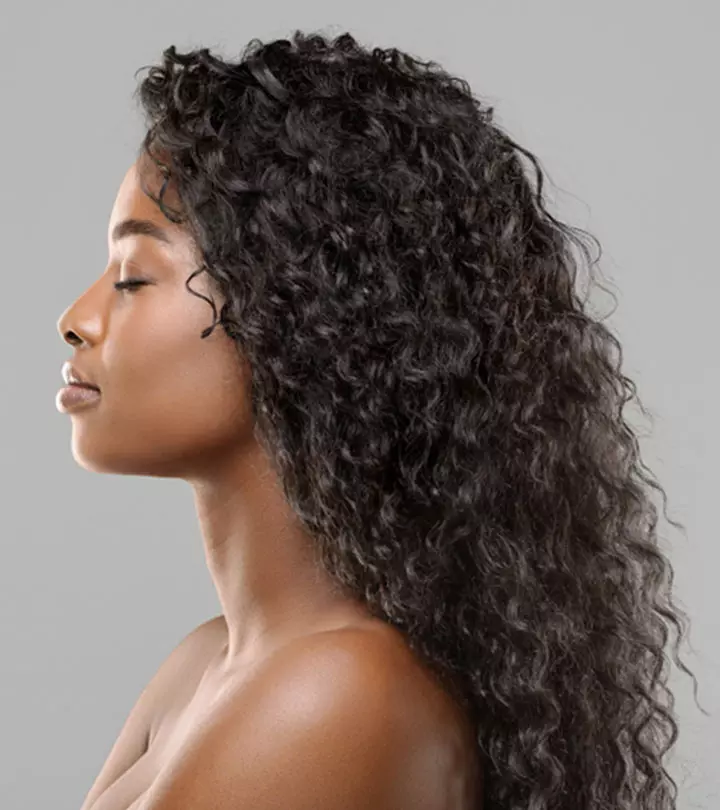
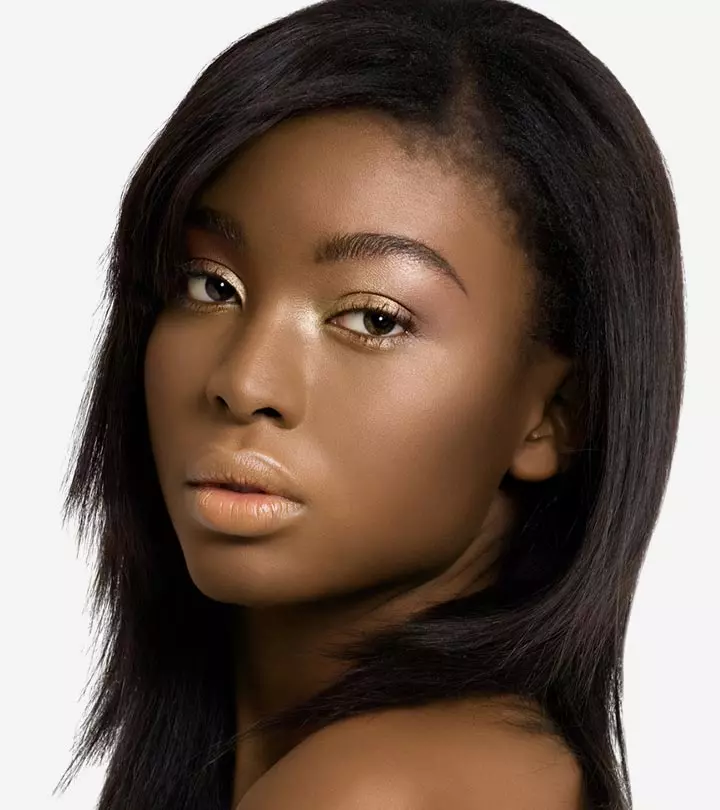
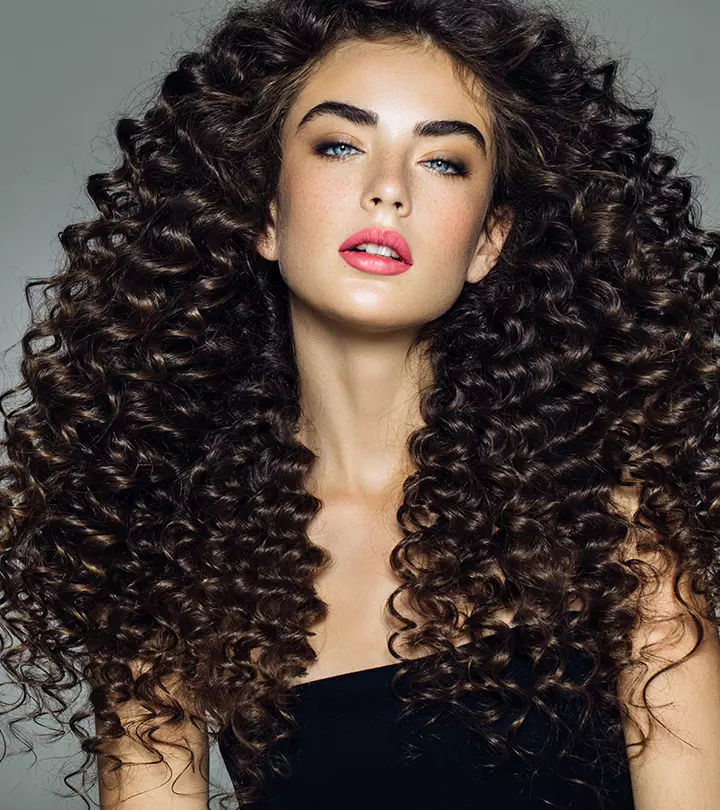
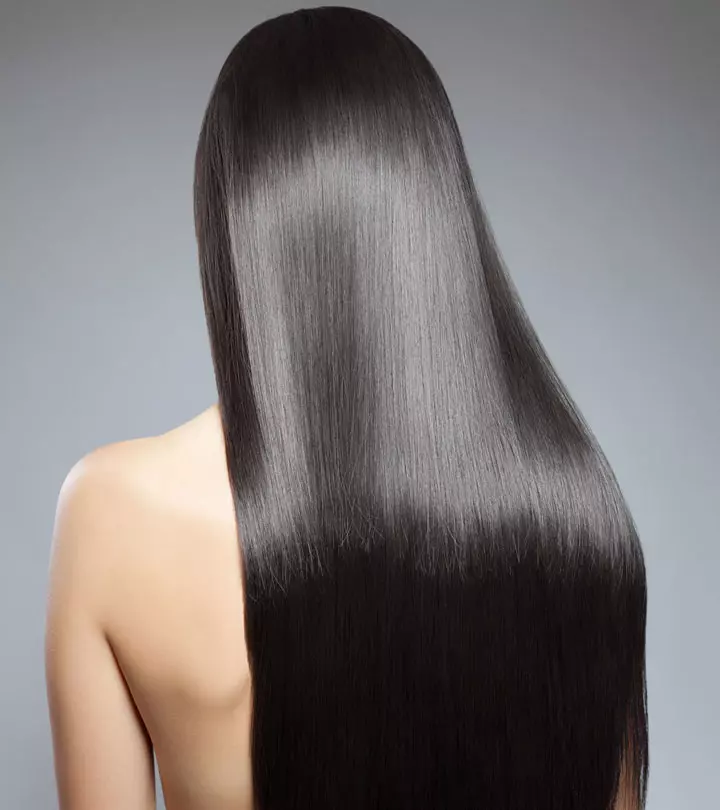
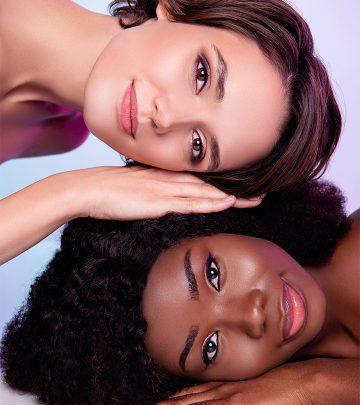
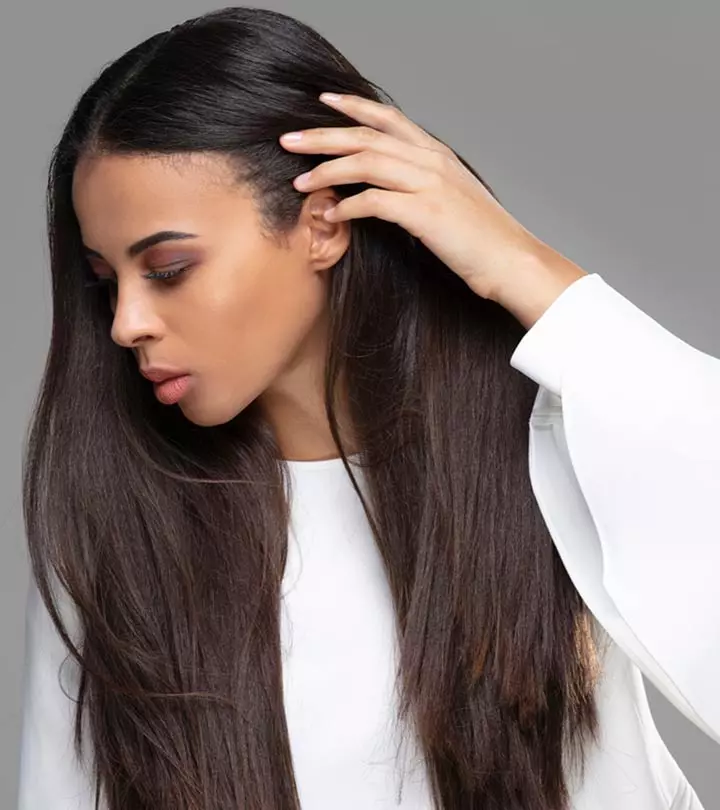
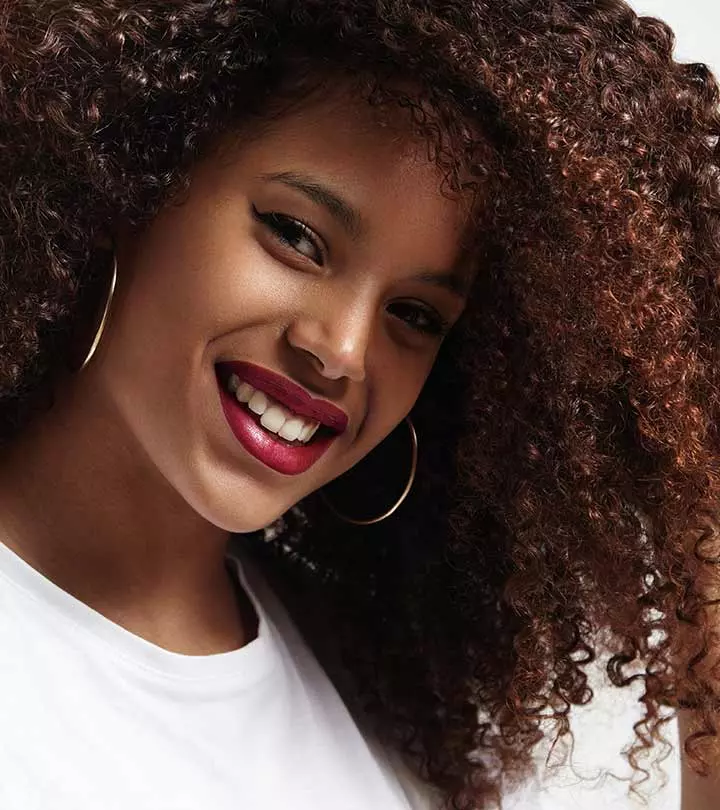
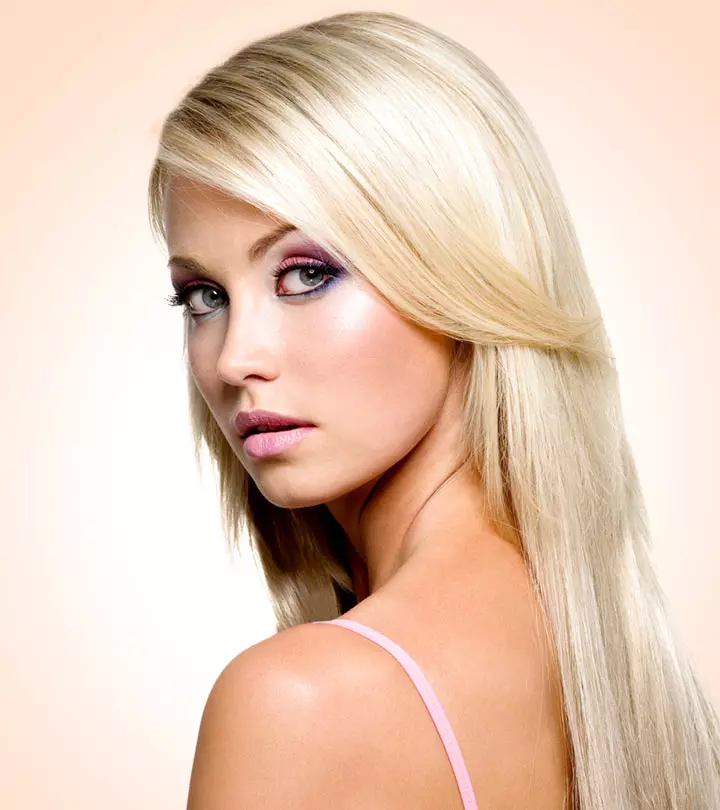
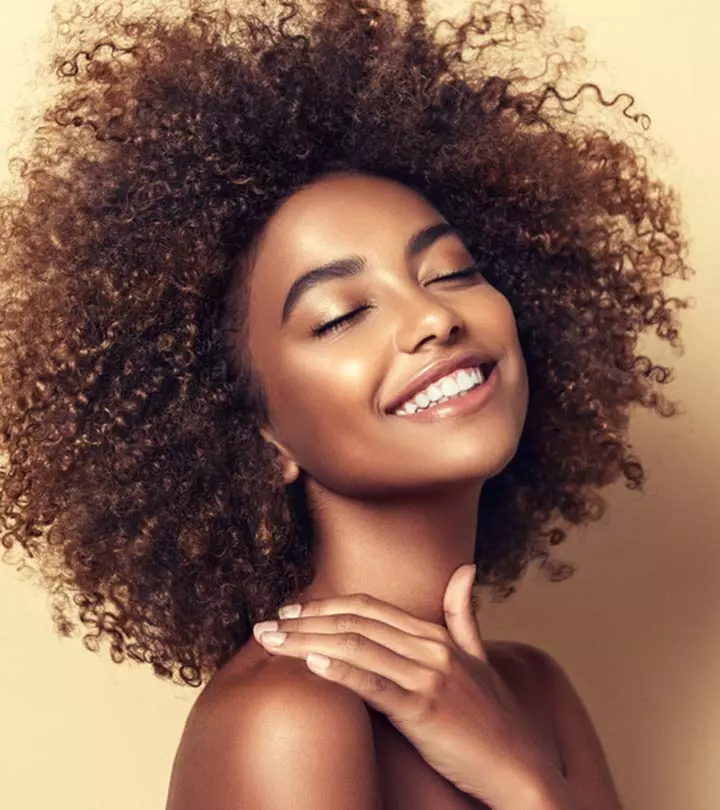

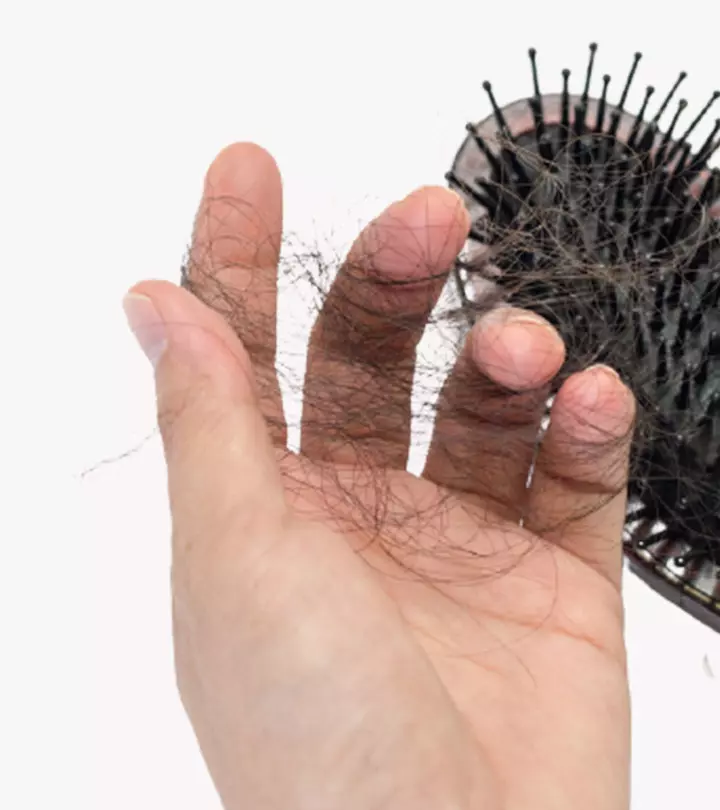

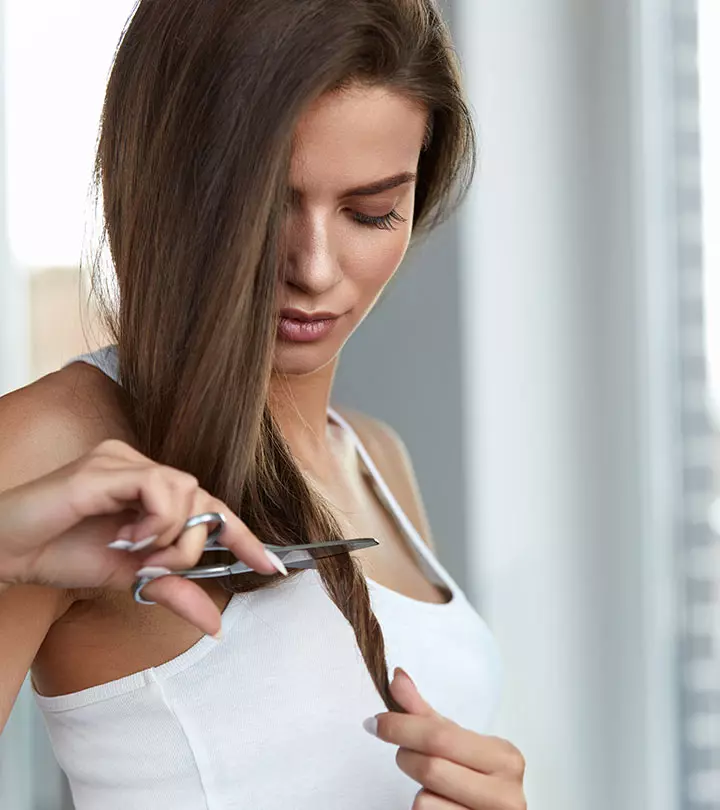
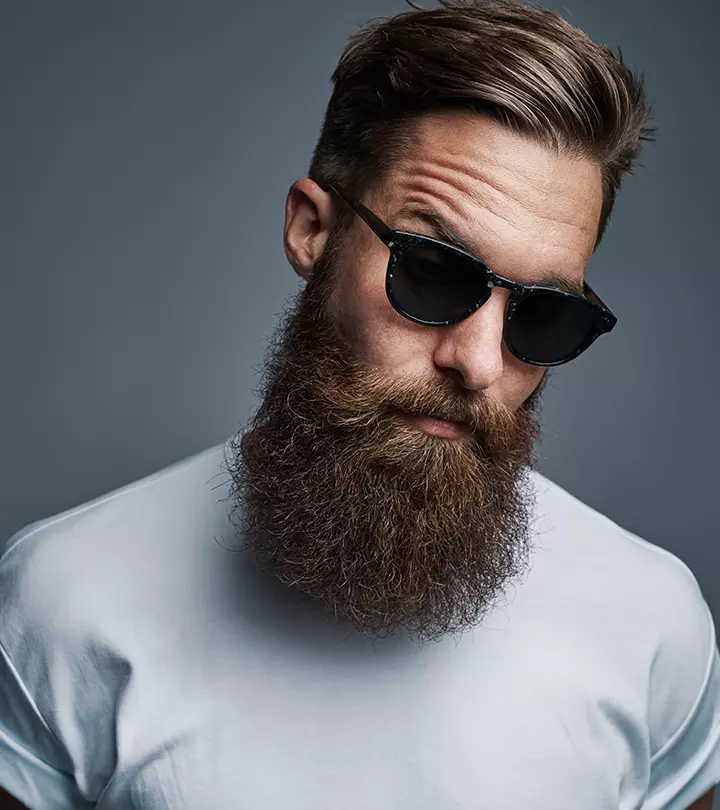
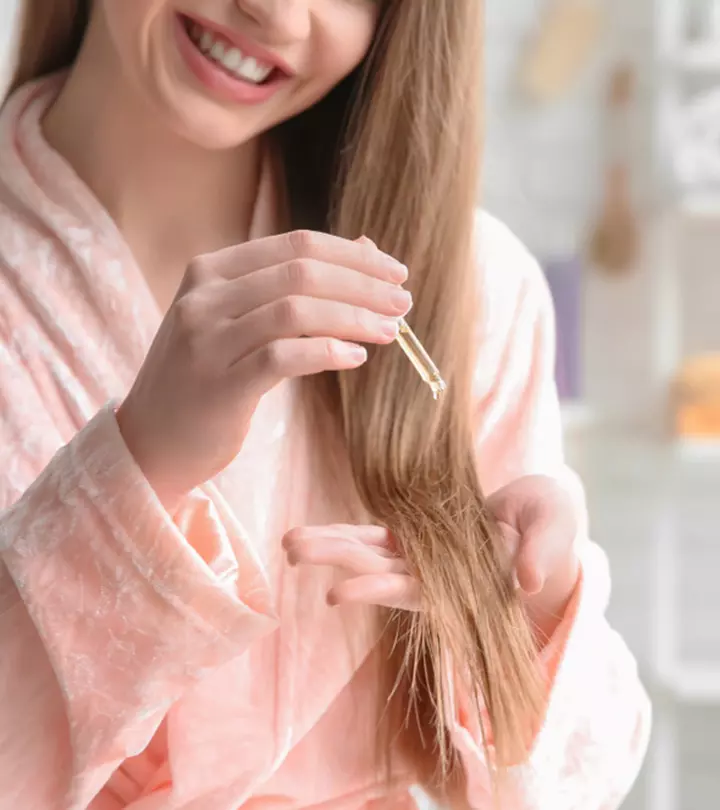
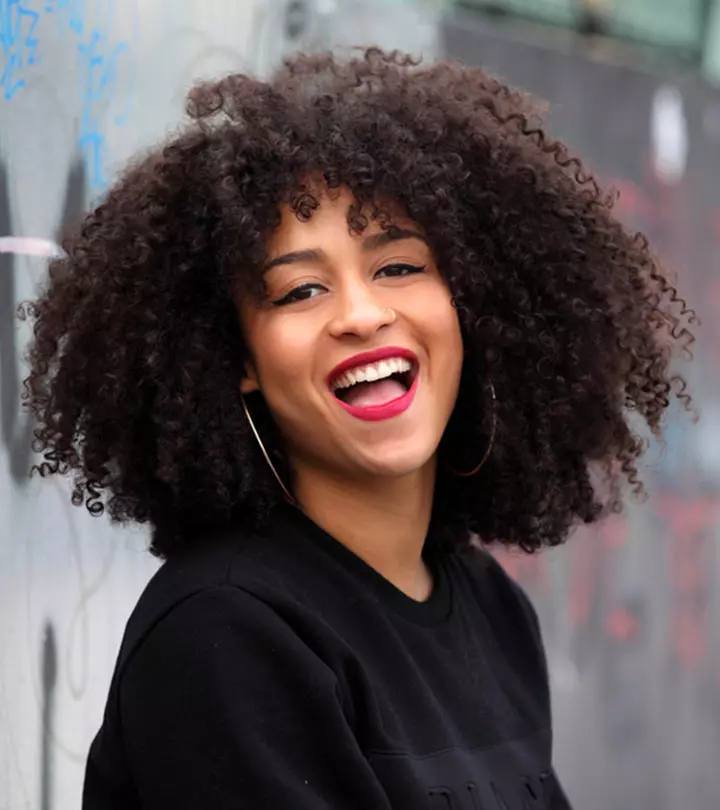
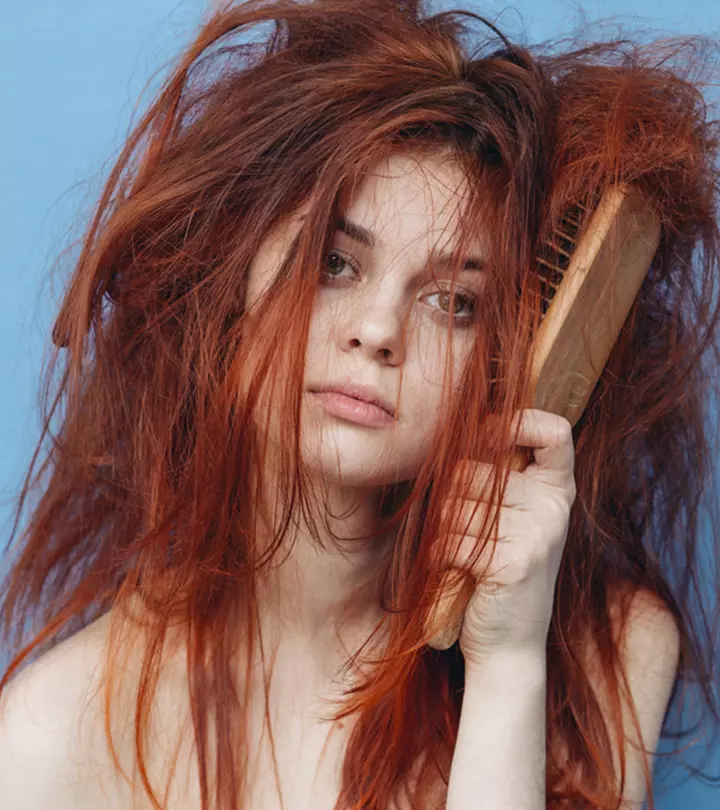
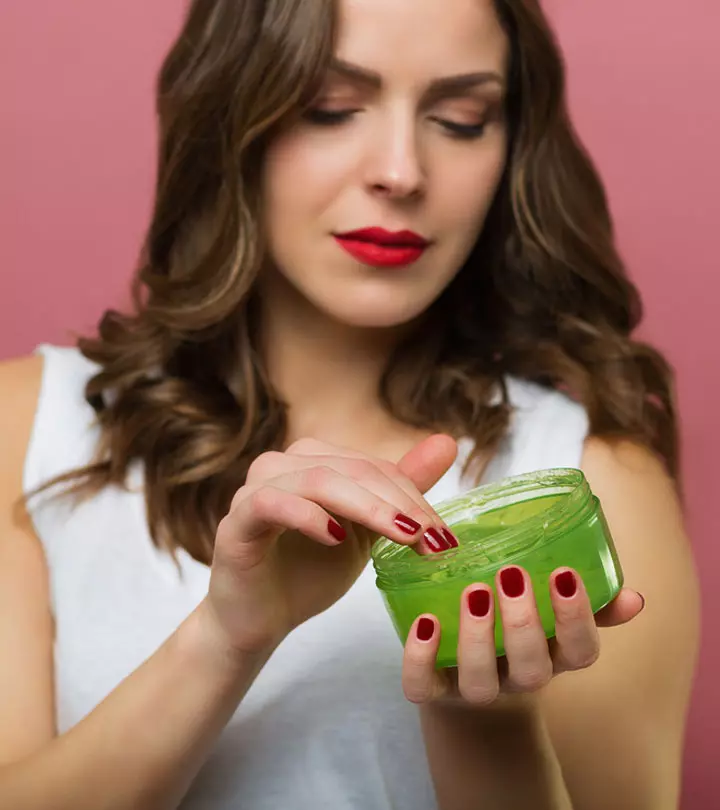
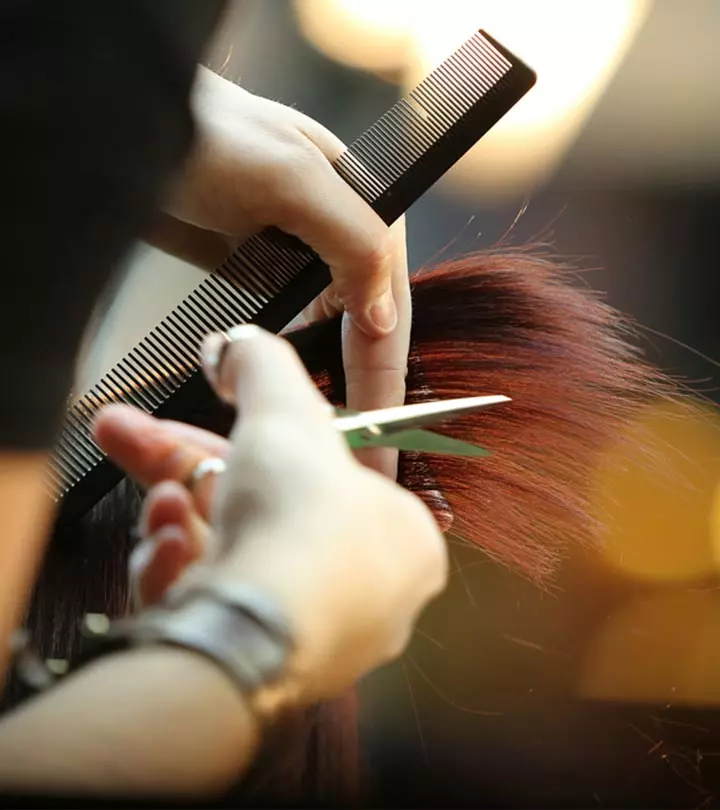
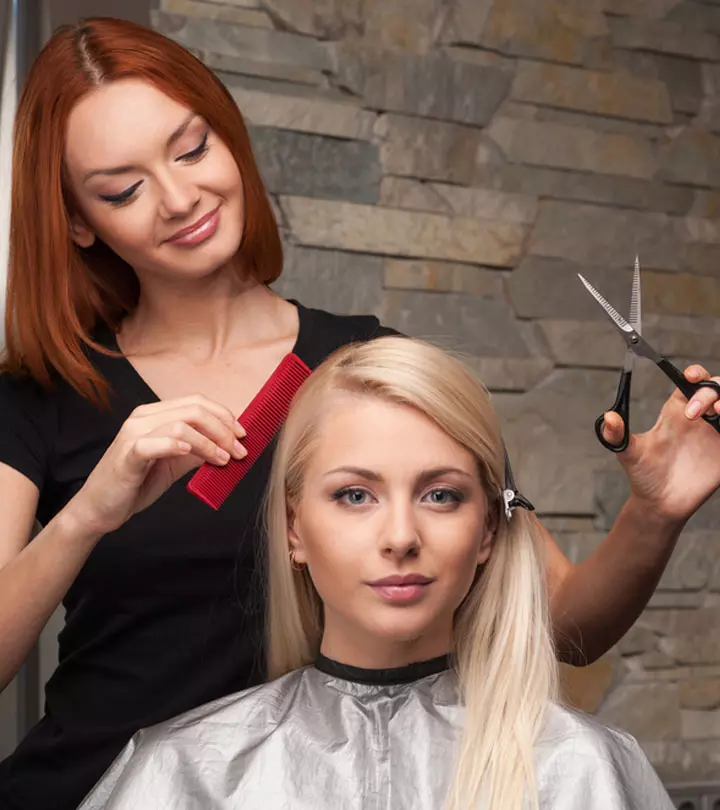
Community Experiences
Join the conversation and become a part of our empowering community! Share your stories, experiences, and insights to connect with other beauty, lifestyle, and health enthusiasts.